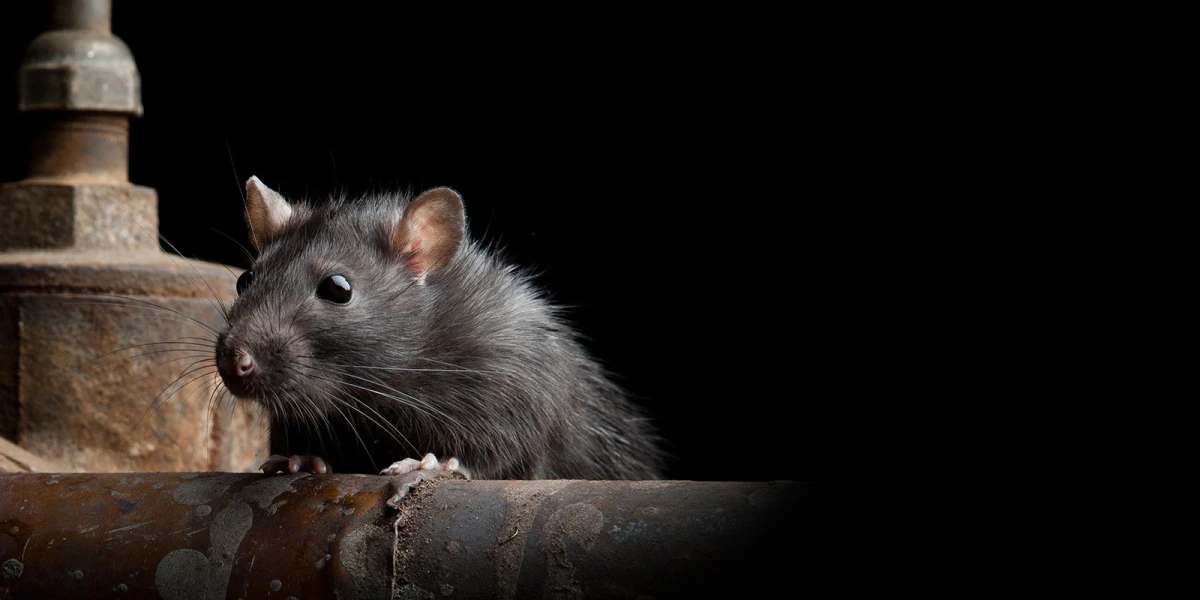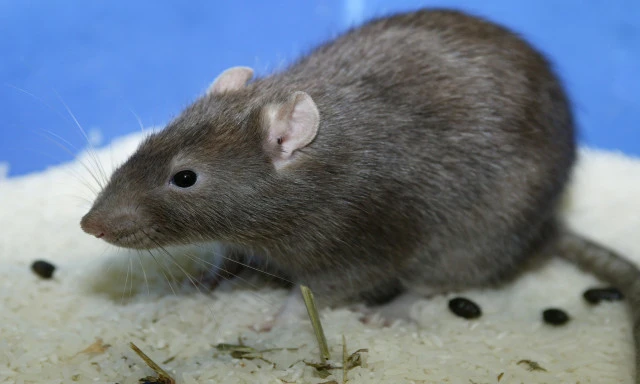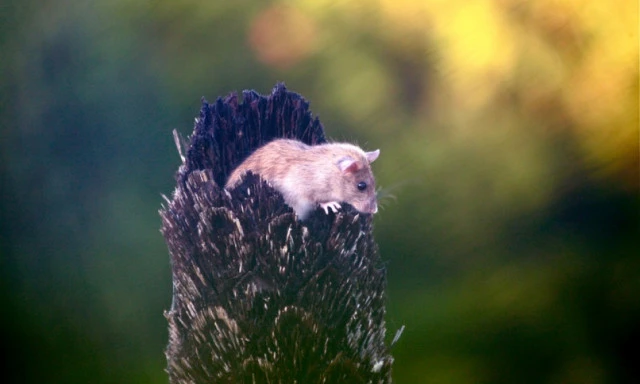Do Poisoned Rodents Drink?
This week I have received several queries from people asking whether it is necessary to place water out with rodent baits. They have been told, or have read, that poison baits make rats and mice thirsty and that they will gnaw pipes to get at the water to drink; so that placing water with the bait means they are less likely to gnaw pipes.
This is one of those stories that has some truth and sounds plausible but comes to the wrong conclusions.
Almost all rodent baits contain an anti-coagulant such as the coumatetralyl used in NO Rats & Mice Bait Blocks or brodifacoum in NO Rats & Mice One Feed. Anti-coagulants do indeed have a slight tendency to make the rats and mice thirsty, but the rodents are likely to find water in their usual places. Rats normally do need to drink but mice can get all their water from the food they eat. Neither needs a lot of water and condensation and dew are likely to be enough for them.
Rodents do indeed often gnaw at pipework and cables causing considerable damage. But they do this because their incisor (front) teeth grow continually throughout their life and must be kept worn down and sharp by regular gnawing. Therefore, rats and mice gnaw things other than their food. Plastics, including plastic pipes and cable covering, seem to be of a consistency that they get 'pleasure' from gnawing.
Placing water alongside baits is unlikely to influence the likelihood of them gnawing pipes. Anti-coagulant poisons take several days to begin to take effect. So, the rats and mice are likely to be some other place when they begin to feel ill and thirsty. It is also something of an 'old wives tale' that anti-coagulants make rodents go outside in search of water; they will feel lethargic and usually die in their nest.
The delayed action of anti-coagulants is very important for their effectiveness and in making anti-coagulants a safe type of poison for use in homes.
If a poison makes a rat or mouse feel ill quickly, they will associate the illness with the bait and will avoid eating any more. If they have not yet consumed a lethal dose they can recover and will be 'bait shy' meaning baits will no longer be effective. With anticoagulants the delayed onset of illness means they do not associate the illness with the bait and they will have already taken several feeds of bait ensuring they have taken more than a lethal dose from which there is no recovery.
The slow onset of illness also has the advantage of giving plenty of time to administer the antidote to any non-target animal, such as a pet, that accidentally takes the bait. Vitamin K is a fast and effective antidote for anticoagulant poisoning.
In conclusion, there is no need to leave water out with rat and mouse bait. But it is important to control rats and mice promptly to reduce the risk of damage to pipes and cables caused by their gnawing habits.
David Brittain
Kiwicare


